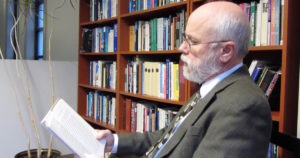
Archives


Excerpt: Darwinism and Design

Michael Behe on the Growth of ID via the Growth of Science

A Mousetrap for Darwin: The Interview, Pt. 1

Michael Behe Reads from His New Book

Michael Behe Answers Your Questions

COVID-19 and Biochemical Design
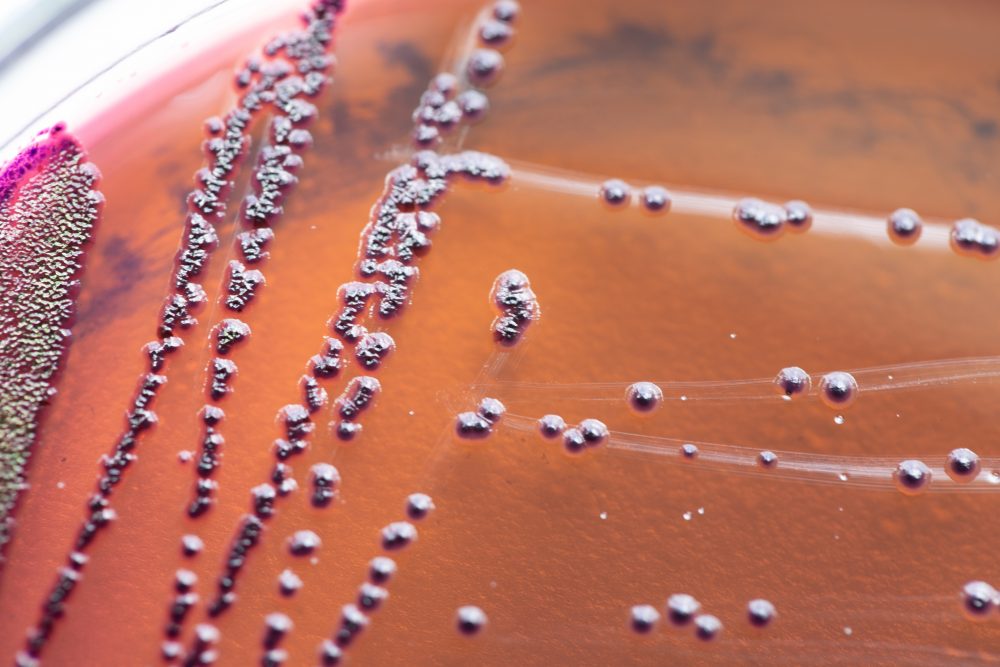
Michael Behe on E. Coli and a Citrate Death Spiral

Citrate Death Spiral

Michael Behe on COVID-19, Chloroquine, Malaria and the Edge of Evolution

Michael Behe on COVID-19 and ‘Why Are There Viruses, Anyway?’
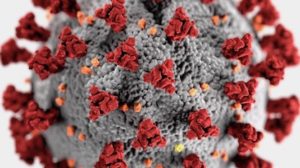
Evolution, Design, and COVID-19
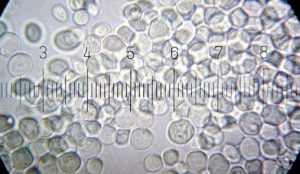
Helpful Devolutionary Mutations Are Rapid and Unavoidable: Paper Reinforces Darwin Devolves

Philosophical-ish Objections to Intelligent Design: A Response to Paul Draper

Michael Behe on the Design Idea That Won’t Go Away (and Shouldn’t)

Important Medical Effects but Modest Mutations
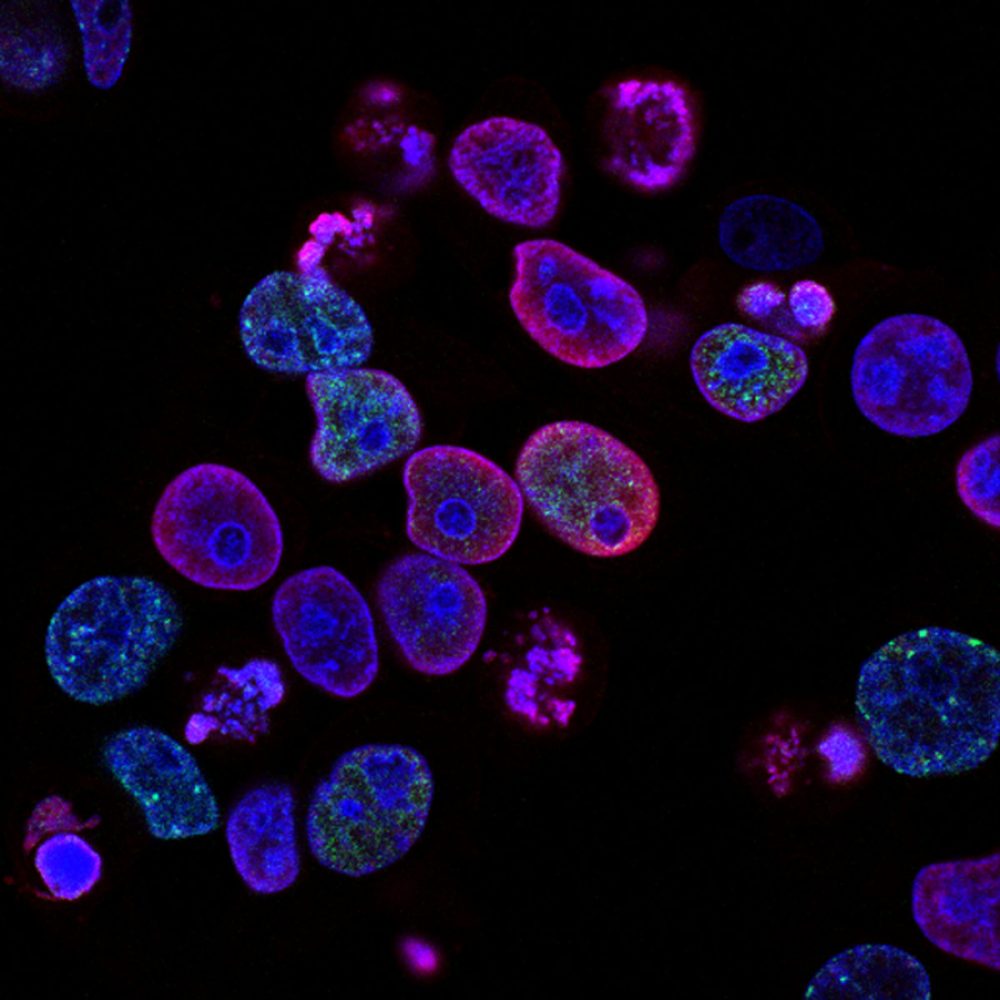
Honoring Phillip Johnson, Pt. 3: Michael Behe

Michael Behe Opens a Black Box for Christmas
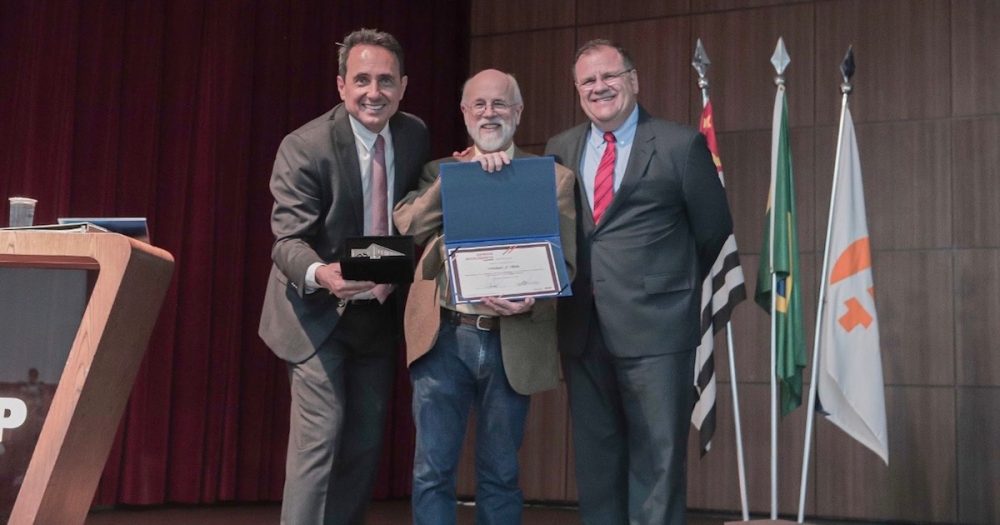
Behe Barnstorms Brazil
